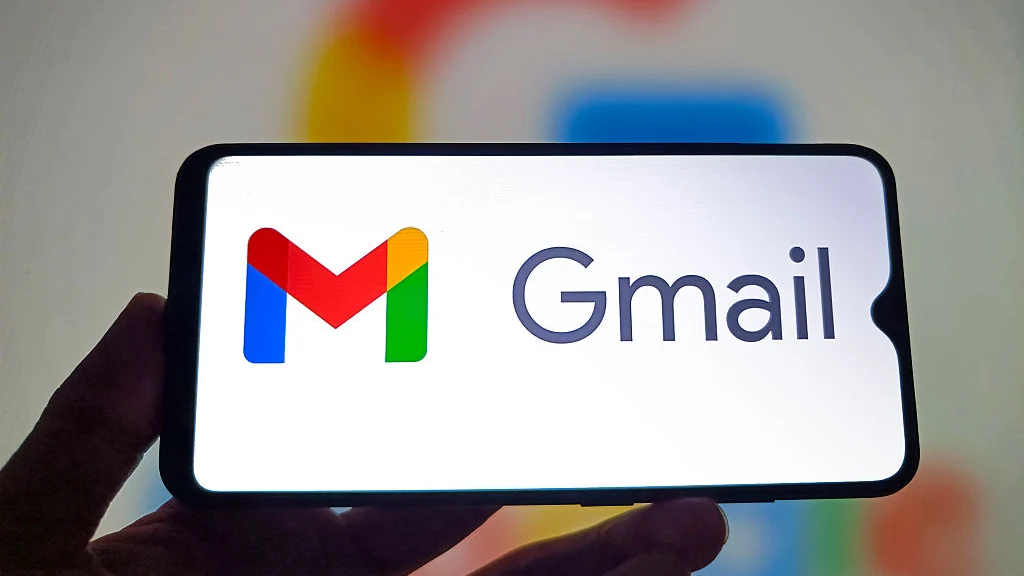Google has hit back at claims circulating on social media that accuse the tech giant of training its Google Gemini AI on users’ emails without their permission.
In a statement shared with The Verge, Google called reports “misleading,” saying that the company has “not changed anyone’s settings. Gmail Smart Features have existed for many years, and we do not use your Gmail content for training our Gemini AI model.”
Some users on X weren’t pleased by the idea of their private email communications being fed into Gemini, with one user calling it “the largest consent manufacturing operation in history.” Some of these claims were even reprinted in a blog from antivirus software firm Malwarebytes. (The security firm has since updated its post, calling the controversy “a perfect storm of misunderstanding.”)
One social media post told readers that all Gmail users had been “automatically opted in to allow Gmail to access all your private messages and attachments to train AI models,” directing them to manually turn off Smart Features, Gmail’s AI-powered productivity tools.
Google Workspace’s privacy policy says that any data shared with Gemini directly (for example, a prompt you type in the app) will be retained and may be used for AI training. But data from Google Workspace apps such as Google Docs, Sheets, or Gmail isn’t used for AI training or accessed by Gemini automatically. Google Workspace data may be accessed by Gemini if you direct it to—for example, asking the AI to proof your copy on Google Docs.
This isn’t the first time that Gmail, which has 2.5 billion users all over the planet, has had to contend with false reports circulating online in 2025. In September, false viral reports claimed that Google had issued a security warning to all Gmail users, urging them to change their passwords immediately.
Recommended by Our Editors
Though claims about Gmail harvesting users’ data for AI training may be false, some paranoia about tech firms leveraging their users’ data to train their AI may be understandable. In regions like the EU, which has stricter data-protection laws than the US, more and more firms, such as Meta and LinkedIn, are announcing plans to leverage some user data for AI training.
In May 2025, Google agreed to pay $1.375 billion after allegedly harvesting Texans’ biometric data without consent.
Get Our Best Stories!
Your Daily Dose of Our Top Tech News
Sign up for our What’s New Now newsletter to receive the latest news, best new products, and expert advice from the editors of PCMag.
Sign up for our What’s New Now newsletter to receive the latest news, best new products, and expert advice from the editors of PCMag.
By clicking Sign Me Up, you confirm you are 16+ and agree to our Terms of Use and Privacy
Policy.
Thanks for signing up!
Your subscription has been confirmed. Keep an eye on your inbox!
About Our Expert
Experience
I’m a reporter covering weekend news. Before joining PCMag in 2024, I picked up bylines in BBC News, The Guardian, The Times of London, The Daily Beast, Vice, Slate, Fast Company, The Evening Standard, The i, TechRadar, and Decrypt Media.
I’ve been a PC gamer since you had to install games from multiple CD-ROMs by hand. As a reporter, I’m passionate about the intersection of tech and human lives. I’ve covered everything from crypto scandals to the art world, as well as conspiracy theories, UK politics, and Russia and foreign affairs.
Read Full Bio

